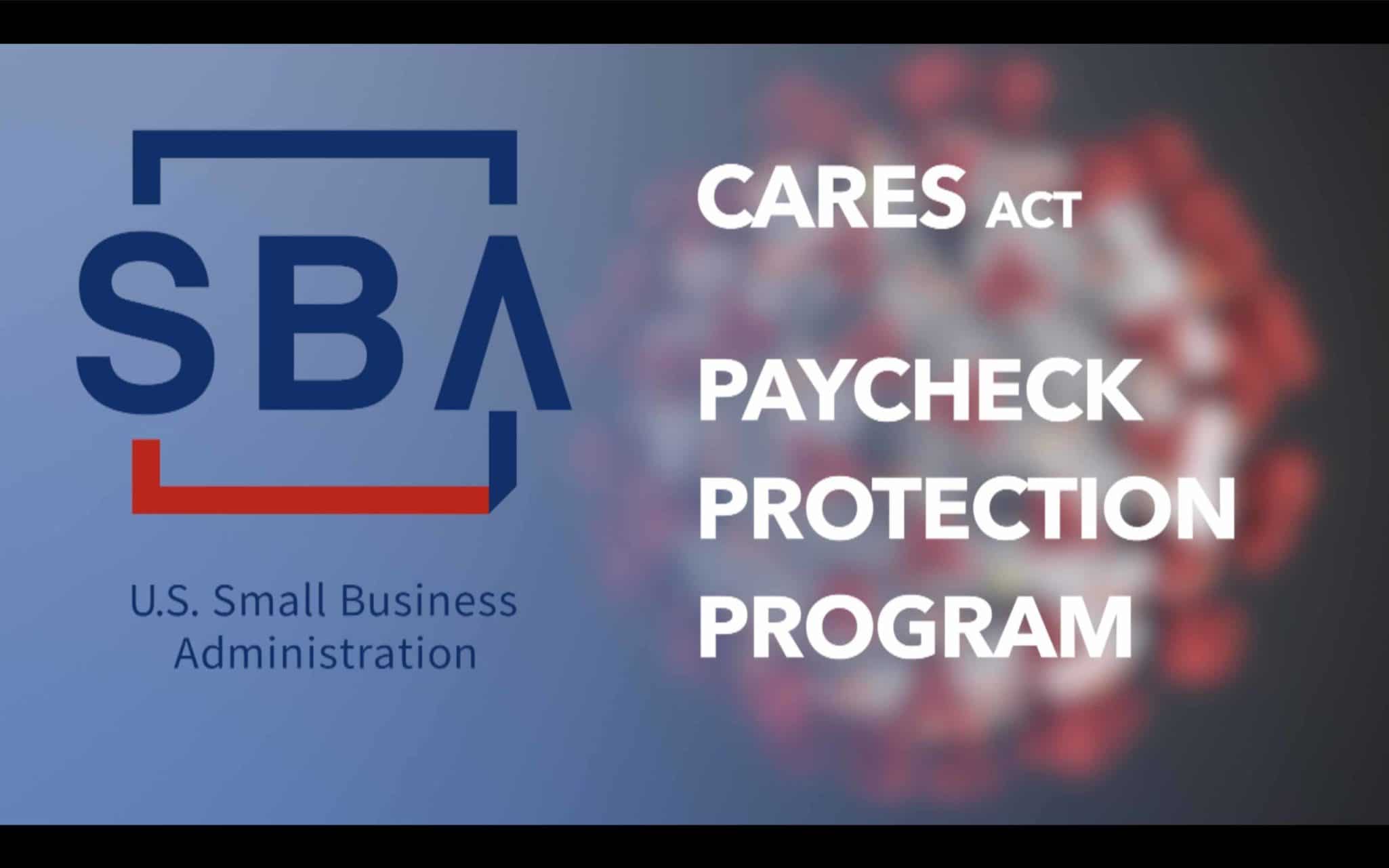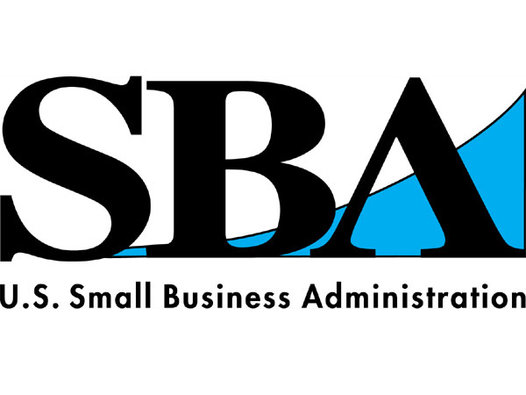If you filed for assistance through the Paycheck Protection Program there is good news on the horizon. Funds are flowing. We spoke to restaurant owners that are seeing money hitting their accounts who applied as recently as April 3. This demonstrates the commitment of lenders and the Small Business Administration to aid the restaurant industry. You may have read that both the PPP and the Economic Injury Disaster Loan (EIDL)-COVID-19 are out of money in the first phase, but experts expect Congress to reach a deal to add more money into the program. The situation is changing rapidly. Applying early ensures the best chance of receiving these funds.
Although this advice was tailored to restaurant owners, it applies to owners of other small businesses as well.
Once you receive the funds, remember the criteria under which it is forgiven versus rolling into a loan that must be repaid. The loan will be fully forgiven if the funds are used for payroll costs, interest on mortgages, rent, and utilities. However, due to likely high subscription (the SBA’s language, not ours), at least 75% of the forgiven amount must be used for payroll. Forgiveness is based on the employer maintaining or quickly rehiring employees and maintaining salary levels. Forgiveness will be reduced if full-time headcount declines, or if salaries and wages decrease.
In order to qualify for loan forgiveness here are three important tips.
Tip 1: Understand the definition of Payroll
Payroll includes the salaries and wages paid to anyone on your team as well as income subject to normal withholding (W2 income) to yourself. This is capped at $100,000 so no one employee can get more than $8333.33 per month and qualify for forgiveness.
The definition of payroll under this program includes benefits for employees. Pension plans, profit sharing retirement plans and 401k programs are all included to the extent that the employer or restaurant owner contributes funds to these. It would NOT include the employee’s contribution.
In addition, all health insurance paid by the employer is included in the program. Your lender will want to see your health insurance payments.
Tip 2: Use it to hire and re-staff quickly
The push to get this funding out is based on the critical need to get Americans back to work. Don’t put the money in the bank and sit on it. The clock begins ticking as soon as funds are in your hands and they want to see it deployed within 8 weeks. Re-staff, re-hire and restore pay levels as quickly as possible.
When there is an eventual accounting of these funds, they will look at the eight-week period after they are received to understand how they were deployed. Remember, forgiveness is based on the employer maintaining or quickly rehiring employees and maintaining salary levels. Forgiveness will be reduced if full-time headcount declines, or if salaries and wages decrease.
Tip 3: Set up a separate Bank Account (Most Important Tip)
This is the most important tip from We Sell Restaurants. You need to set up a new and separate bank account for these funds. If they arrive by funds transfer into your regular account, transfer out the exact amount into a new account immediately. This is critical to making sure the accounting for these funds is clean.
Then use the new bank account only for the purposes of the exact items covered by the Paycheck Protection Program. This may seem like extra work but trust us when we tell you that this is MUCH LESS work than figuring out which expenses qualify, and which ones don’t when you are required to account for them on the back end.
As soon as the new account is set up then you need to:
- Immediately substitute the new account with your payroll vendor so all checks are cut from this account.
- Do not have payroll taxes drafted from this account as they do not qualify, only payroll qualifies.
- Stop any auto draft or auto payout of your old account for utilities including, water, electric, gas, internet Service or telephone.
- Make sure your rent check is paid from this account.
- Split your mortgage payment (if you have one) between principal and interest. Pay interest from your new PPP account and principal from your regular account.
Then monitor the outflow and stay consistent that 75% of the funds are going for payroll. If it looks like it’s moving below that number, you may face a payback scenario which converts to a loan with a maturity of two years and an interest rate of 1%.
Follow these three tips, however, and you should be able to adequately manage the funds received from the Paycheck Protection Program to assist you and avoid any requirement for repayment.
If you received both the Paycheck Protection Program funds and the emergency $10,000 from the Economic Injury Disaster Loan Emergency Advance, we recommend you open two bank accounts and keep the funds separate as well. You can use both types of relief, but you must demonstrate they were for separate uses. A separate bank account easily allows you to demonstrate separate uses of funds.
Follow We Sell Restaurant’s blog on resources for restaurant owners via
Robin and Eric Gagnon are GABB members and the founders of We Sell Restaurants, the nation’s largest restaurant firm focused on selling restaurants. Both were members of the GABB’s Million Dollar Club in 2019.





